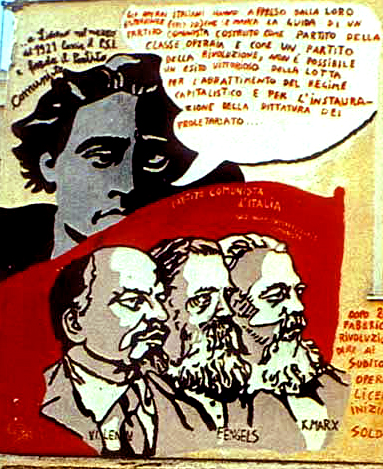Since its infancy, the pluralistic tendencies of the cultural studies project denied methodological and procedural consistency and resisted any disciplining of cultural studies as an attempt at authoritarian policing. Over the course of the 1980s, cultural studies continued to spread beyond the United Kingdom to Australia and the United States, initially, and the rest of the world soon thereafter. Movements towards the bridging of the longstanding divisions between fact and interpretation—between the social sciences and the humanities—under the sign of a principled approach to cultural democracy saw the Althusserian Marxism characteristic of earlier cultural studies scholarship expanded by way of a critical re/engagement of the works of Gramsci. This period of ideological critique allowed for a bold intellectual, political commitment to the re/conceptualization of culture as a site of class struggle, hegemonic formation, and structural signification. Particularly, the year 1986 saw major strides in this direction with the publication of monumental manuscripts by Stuart Hall, Ernesto Laclau, and Chantal Mouffe.
Keyword: disciplinarity
Response to “The Humanities and the University in Ruin”
Adam Sitze addresses the technological transformation of the academy, emphasized critically by Mowitt, which have put us beyond the troubles of discipline or disciplinarity to something more abstract and technical.
